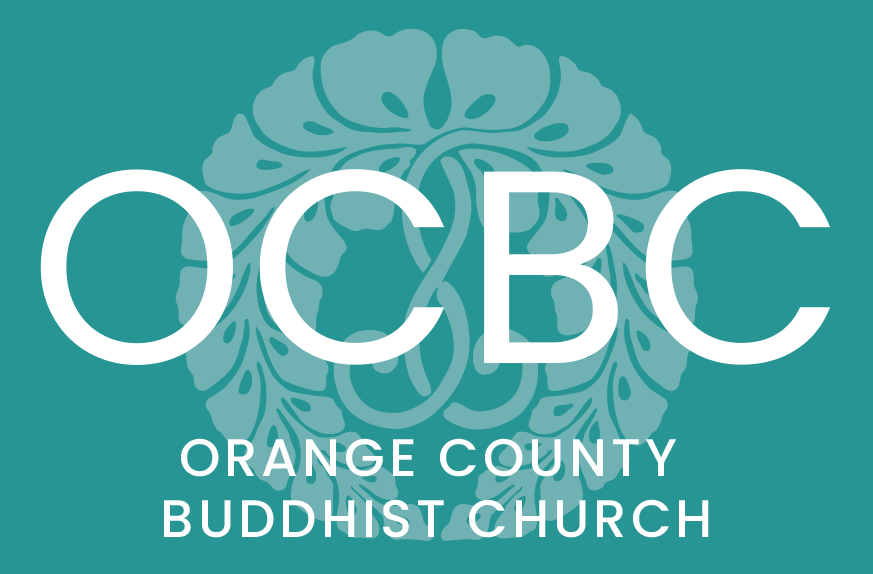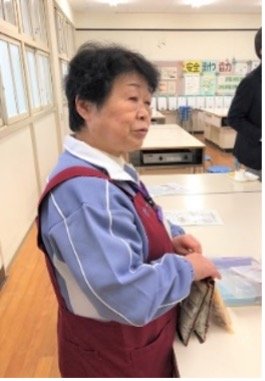Mahayana Bodhisattva Path
Journey in the Three-legged Race:
The Sutra on the Buddha of Immeasurable Life, called the Larger Sukhāvatīvyūha Sūtra, presents the narrative of Bodhisattva Dharmākara, who made forty-eight vows in the presence of the teacher Lokeśvararāja. He eventually fulfilled all of them after examining the pure lands of many Buddhas and observing both good and not-good aspects, during a long time of five kalpas. Each of those forty-eight vows has a certain phrase that is, “If, when I attain Buddhahood, XXXXX does not happen, may I not attain the perfect enlightenment(設我得佛 XXXXXX 不取正覚). As a result of fulfilling all forty-eight vows, Bodhisattva Dharmākara was highly praised by other Buddhas, and became the Amida Buddha (the Buddha of Immeasurable Amitabha and Amitayus) by attaining perfect enlightenment. We need to notice that none of those vows requests us to do any special practice. Rather, Bodhisattva Dharmākara made forty-eight vows to become spiritually liberated. Thus, he became the Amida Buddha.
The most crucial vow is the eighteenth vow, called the Hongan 本願 (primal vow or essential vow), which is:
If, when I attain Buddhahood, the sentient beings of the ten quarters who, with sincere and entrusting heart, aspire to be born in my land and say my name even ten times, should not be born there, may I not attain the perfect enlightenment. Excluded are those who commit the five grave offenses and those who slander the right Dharma. [HIC, The Three Pure Land Sutras Volume II, p.22.]
After the forty-eight vows were announced, in the second half of the Larger Sukhāvatīvyūha Sūtra, Śākyamuni Buddha said to Ānanda, explaining Amida Buddha’s fulfillment of vows:
The Buddha-tathagatas throughout the ten quarters, countless as the sands of the Ganges, are one in praising the majestic power and the virtues, inconceivably profound, of the Buddha of Immeasurable Life. When sentient beings, upon hearing the Buddha’s name, realize an entrusting heart in joy with even a single thought of the Buddha, direct their merits with sincere mind, and aspire to be born in that land, they then all attain birth in that land and dwell in the stage of non-retrogression. Excluded are those who commit the five grave offenses and those who slander the right Dharma. [HIC, The Three Pure Land Sutras Volume II, pp. 52-52.]
I don’t want you to become bored, however I would like to mention that Bodhisattva Dharmākara’ s attaining the perfect enlightenment totally depends on Dharmākara’s fulfillment of vows. How is this addressed to us? Dharmākara and we are in a journey together toward complete spiritual liberation. It is like a “three-legged race.”
The Smaller Sukhāvatīvyūha Sūtra mentions that Bodhisattva Dharmākara becoming Amida Buddha have been guiding us to perfect enlightenment for the past ten kalpas (double of five kalpas mentioned in the Larger Sukhāvatīvyūha Sūtra).
Because those vows have been fulfilled, is our spiritual liberation guaranteed anyway? It is a good question; I hope to explain it some other time along with the exclusion clause.
Mahayana Bodhisattva Path – Dharmākara’s Spirit:
One evening after dinner, I found two interesting stories on YouTube. One is about a mother taking care of her son with food allergy. Another is about a group preparing warm breakfast for elementary students. I would like to reflect those stories in the context of Dharmākara’s spirit.
1. Mother Helping Her Son with Food Allergy
Mayuko discovered her first son Makoto had a food allergy when he was one year old. His digestion system could not take even 0.1cc of milk. He got anaphylaxis reaction and sometimes became seriously ill. Makoto always needed to carry epinephrine autoinfection with him. Mayuko said, “Doctor told me that my son would not be well adjusted in the society.” The words hurt her so much. Instead of getting away from allergic foods, Mayuko decided to feed milk to Makoto little by little under the doctor’s instruction. At first, Makoto suffered from anaphylaxis reaction, however as he became older, his body became used to dairy products.
Mayuko and Makoto founded the NPO called “LFA – Living with Food Allergy” to help people who suffer with the same problems by holding seminars and providing consultations. Mayuko’s wish to cure her own son’s problems went beyond to reach other children. Her wish became a vow that pursues actualization and fulfillment. Helping other children’s cures became Mayuko’s deep joy.
2. Serving Hearty Breakfast to Needy Children
A group of ladies in Osaka prepare a hearty breakfast three times per week for elementary school students. They assemble at 6:00 AM in the homemaking classroom. Mrs. Omonishi is a leader of the group who has organized the ‘Asa-gohanyasan 朝ごはんやさん (breakfast shop)’ since November 2016. She learned from the Japanese Ministry of Education, Culture, Sports, Science and Technology, that 20% of elementary school students do not get breakfast, which inspired her to serve breakfast for children.
At 7:30AM, students with backpacks show up in the homemaking classroom by saying “Ohayo-gozaimasu(Good Morning)!” One breakfast costs a child only 50 yen. Students enjoy a hearty and nutritious breakfast, and those children obtain energy to study and play during the day. Getting up early, eating a good breakfast, studying energetically at school, and playing with friends - we tend to take for granted every day. But in reality, there are children who face economic and nutritional problems. Some families are too busy to make a proper breakfast. So, Omonishi-san agreed with her neighbors to serve the hearty breakfast to children in the community.
As of this May, ‘Asa-gohanyasan’ has served over 10,000 meals, which surprised even Omonishi-san. When the children become adults in the future, Omonishi-san says, "I will be happy if they remember the good old days when they had enjoyed breakfast with their friends.” Her energy and enthusiasm do not seem to be waning anytime soon. Her vow to serve a hearty breakfast to all children in her community brings her joy.
In conclusion, altruism and helpfulness are the Mahayana Bodhisattva path, exemplifying Bodhisattva Dharmākara’s vow in the narrative in the Larger Sukhāvatīvyūha Sūtra. Shinran Shōnin shared Dharmākara’s spirit and quoted Tanluan’s Commentary on the Treaties in his Kyōgyōshinshō:
The mind aspiring for supreme enlightenment is the mind that aspires to attain Buddhahood. The mind that aspires to attain Buddhahood is the mind to save all sentient beings. The mind to save all sentient beings is the mind to grasp sentient beings and bring them to birth in the land where the Buddha is. Thus, the person who aspires to be born in the Pure Land of happiness must unfailingly awaken the mind aspiring for supreme enlightenment. [CWS I, p.108.]
Namo Amida Butsu
Rev. Dr. Mutsumi Wondra




